In a world that often tells us who to be and how to act, embracing our true identity can be a radical act of courage. The journey to understanding and accepting ourselves is not just about self-discovery; it’s about liberation. Just as Elijah experienced profound transformation when he stepped out of his cave, we too can find freedom when we fully embrace our identity as children of God.
Elijah, the mighty prophet who called down fire from heaven and boldly confronted kings, found himself in a moment of vulnerability. After facing the wrath of Queen Jezebel, fear led him to retreat into a cave, feeling isolated and defeated. Yet, it was in that place of despair that God sought him out, reminding Elijah of his true purpose and identity. God asked him, “What are you doing here?” This question was not merely about his physical location but a profound inquiry into Elijah’s sense of self.
When we allow fear to dictate our lives, we can lose sight of who we are and what we are capable of achieving. We may begin to define ourselves by our struggles, our failures, or the opinions of others. However, true freedom comes when we reject these limiting beliefs and remember that we are created in the image of God. Our identity is not rooted in our past mistakes or current fears; it is anchored in the love and purpose God has for each of us.
Embracing our identity requires an intentional effort to cultivate self-awareness and self-acceptance. This process starts by recognizing the unique gifts and strengths we possess. Just as each of us has our own story, we have our own purpose. Understanding and accepting our individuality can be liberating, allowing us to step out of the shadows of comparison and insecurity.
To fully embrace who we are, we can practice gratitude and affirmation. Taking time each day to reflect on our strengths and achievements can foster a positive self-image. Journaling about our experiences, challenges, and victories helps us recognize how far we’ve come and the resilience we possess. Furthermore, surrounding ourselves with supportive communities that celebrate our uniqueness can reinforce our sense of identity.
Scripture tells us that we are fearfully and wonderfully made (Psalm 139:14). When we internalize this truth, we can begin to live boldly, unashamed of who we are. We become empowered to pursue our passions, share our gifts, and contribute to the world around us without the weight of fear holding us back.
As we embrace our true identity, we can also learn to forgive ourselves for past mistakes. Just as Elijah had to confront his fears and limitations, we too must acknowledge that we are not defined by our failures. Instead, we can see them as opportunities for growth, shaping us into who we are meant to be.
Ultimately, embracing our identity leads us to a place of freedom, enabling us to live authentically and courageously. We no longer seek validation from external sources but find it in our relationship with God, who calls us His children. This knowledge empowers us to face challenges with confidence, knowing we are supported by a loving Creator.
As we journey through life, may we remember the power of identity. Let us be bold in embracing who we are, free from the fear of judgment or failure. Like Elijah, we can step out of our caves, ready to fulfill our purpose and share our unique light with the world. By doing so, we not only find freedom for ourselves but inspire others to embrace their own identities, creating a ripple effect of authenticity and courage.



